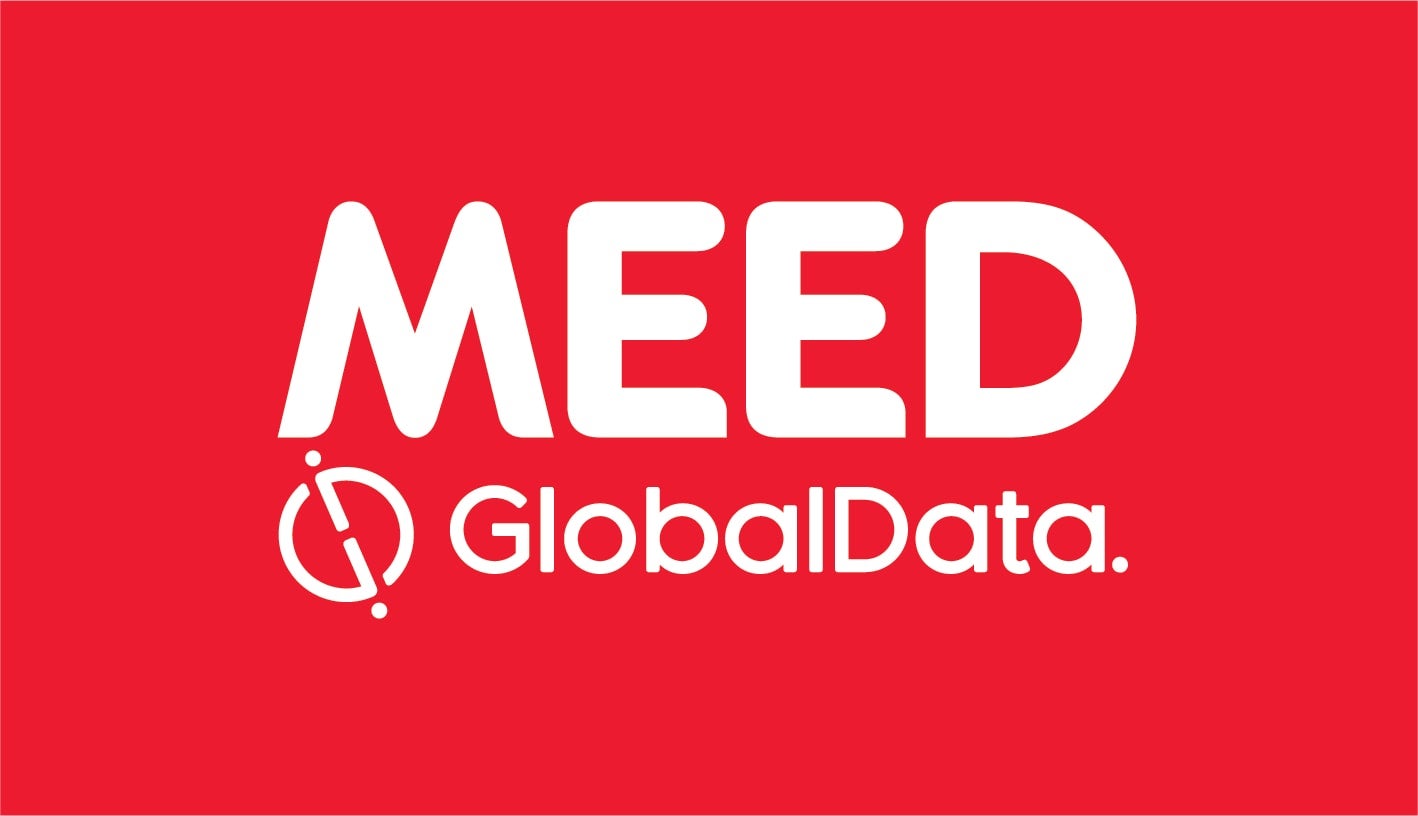Governance-led lending growth and strategic partnerships marked the bank’s strategy and direction in 2024
Kuwait’s banking sector is adapting to a more complex regulatory climate, growing demand for structured finance and heightened scrutiny on credit quality. For Islamic banks in particular, the challenge has been to grow corporate portfolios while maintaining sharia alignment and risk discipline. The local Boubyan Bank’s recent strategy appears to reflect this balancing act, with a cautious but deliberate expansion of corporate services, governance tools and regional access points.
One development in 2024 was the bank’s rollout of an internal AI tool that scans Kuwait’s official gazette to identify risks in corporate client filings. The system reportedly cut documentation turnaround time from two weeks to two hours – a practical shift in back-end operations that bank executives say has not diluted their approach to risk. Boubyan Bank’s corporate non-performing financing ratio held at 0.69% for the year, reflecting measured lending despite faster decision-making.
The bank also expanded its training in Islamic governance, compliance and treasury, with more than 500 staff participating in 2024. Although typically viewed as back-office topics, these capabilities underpin the bank’s ability to scale sharia-compliant corporate lending without overexposure.
Growth and SME reach
Corporate finance volumes rose 11.7% in 2024, with Boubyan Bank reporting a five-year increase of 107%. While not among the largest players in the GCC, the bank has aimed to compete through its service model, with relationship managers playing a central role. Digital upgrades supported the lending side, including automated invoicing and multi-entity switching features aimed at small and mid-sized businesses, a segment that remains underserved in many Islamic finance markets.
Boubyan Bank’s UK-based digital subsidiary, Nomo Bank, saw international customer balances rise by 70%, while property finance activity grew eight-fold. In parallel, a partnership with the UAE’s Abu Dhabi Commercial Bank (ADCB) means Boubyan Bank’s GCC-based clients enjoy greater access to regional real estate and investment channels. Some observers note that while Islamic banks have made regional inroads, cross-border coordination in corporate banking remains uneven. Boubyan Bank’s efforts suggest a more integrated approach may be emerging.
The bank closed 2024 with KD96.8m ($315.8m) in net profit and double-digit growth in both deposits and financing. Its performance has led to it being recognised as the Best Islamic Bank – Kuwait at the Mena Banking Excellence Awards 2025 – Corporate and Investment. Boubyan Bank’s 2024 performance indicates sharia banking in the corporate space is increasingly being shaped by operational discipline and cross-market alignment and not just religious structure.
